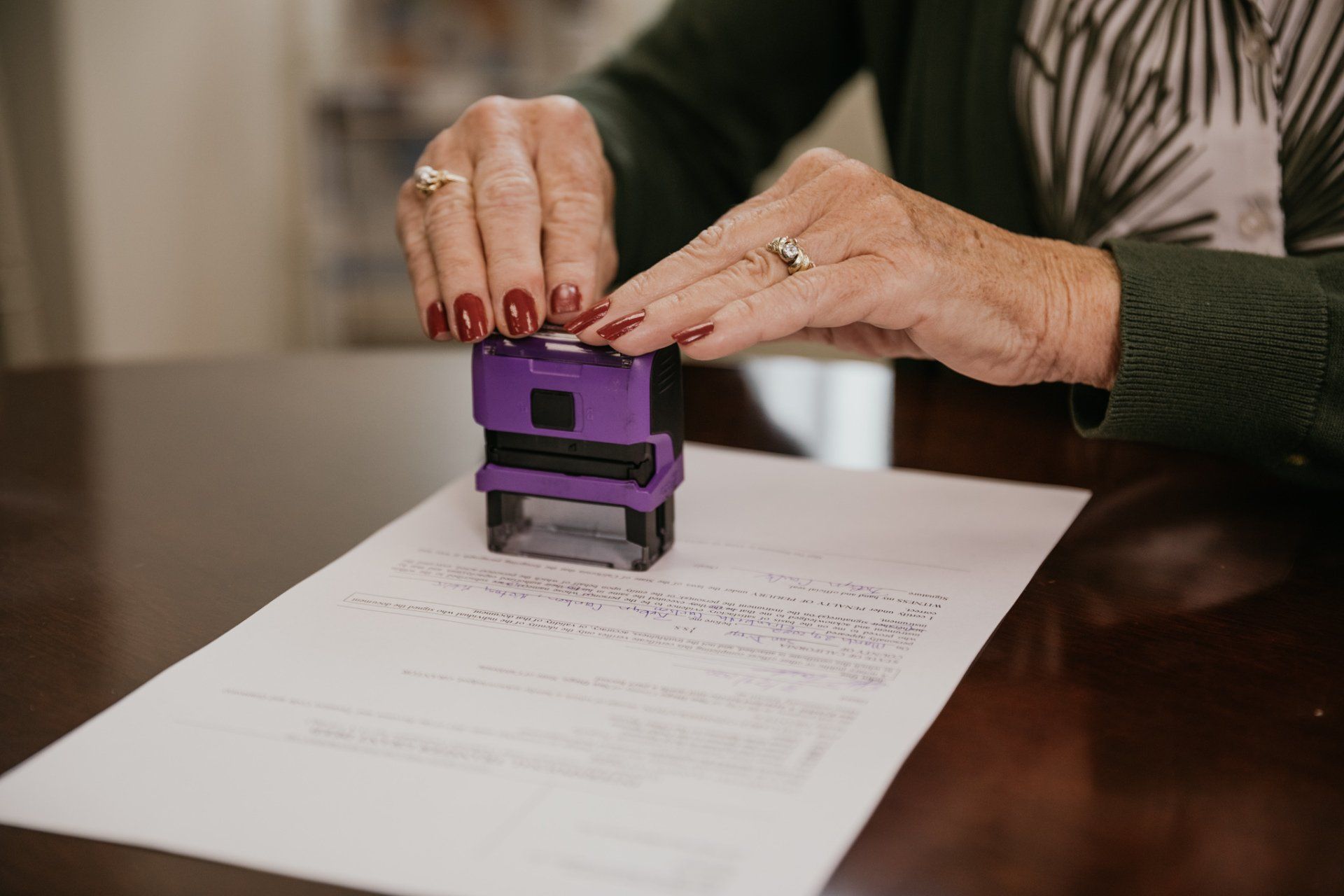Understanding the Different Types of Notarial Acts: Clarifying Acknowledgments, Jurats, Oaths, and More
Notarial acts ensure the authenticity and validity of various transactions and agreements. However, navigating the different types of notarial acts can be confusing for both individuals and businesses alike. From acknowledgments to jurats and oaths, each type serves a specific purpose and carries its own requirements. This comprehensive guide will delve into the nuances of various notarial acts, shedding light on their differences and helping you understand when and how each is used.
Acknowledgments
An acknowledgment is the most common type of notarial act. It involves a signer appearing before a notary public and affirming that they willingly signed a document. The notary then certifies the acknowledgment by affixing their seal and signature, indicating that the signer's identity has been verified, and they have acknowledged the document's contents.
Jurats
Unlike acknowledgments, which focus on signing, jurats emphasize the truthfulness of the document's contents. In a jurat, the signer must swear or affirm, under penalty of perjury, that the statements within the document are true and accurate. The notary then administers an oath or affirmation, and upon the signer's completion, certifies the jurat by affixing their seal and signature.
Oaths and Affirmations
Oaths and affirmations are notarial acts in which the signer pledges to tell the truth regarding a particular matter. An oath is a solemn pledge made with reference to a supreme being or religious text, while an affirmation is a similar pledge made without invoking religious beliefs. Notaries administer oaths and affirmations when a signer is required to provide truthful testimony or statements, such as in affidavits or depositions.
Certifications
Certifications are notarial acts in which a notary certifies the accuracy of a copy of a document. The signer presents the original document to the notary, who then compares it to the copy and certifies that it is a true and accurate reproduction of the original. Certifications are commonly used for vital records, academic transcripts, and other important documents.
Signature Witnessing
In some jurisdictions, notaries may also perform signature witnessing. This involves witnessing the signing of a document and verifying the signer's identity. While signature witnessing does not necessarily require the notary to verify the document's contents, it provides an additional layer of assurance regarding the signature's authenticity.
Conclusion
Navigating the world of notarial acts can be complex. However, understanding the differences between acknowledgments, jurats, oaths, and other notarial acts is essential for ensuring compliance and validity in legal transactions. Whether you're signing a contract, executing an affidavit, or certifying a document, knowing which notarial act is appropriate for your situation is crucial. By familiarizing yourself with these different types of notarial acts, you can confidently navigate the notarization process and ensure your legal documents' integrity.












